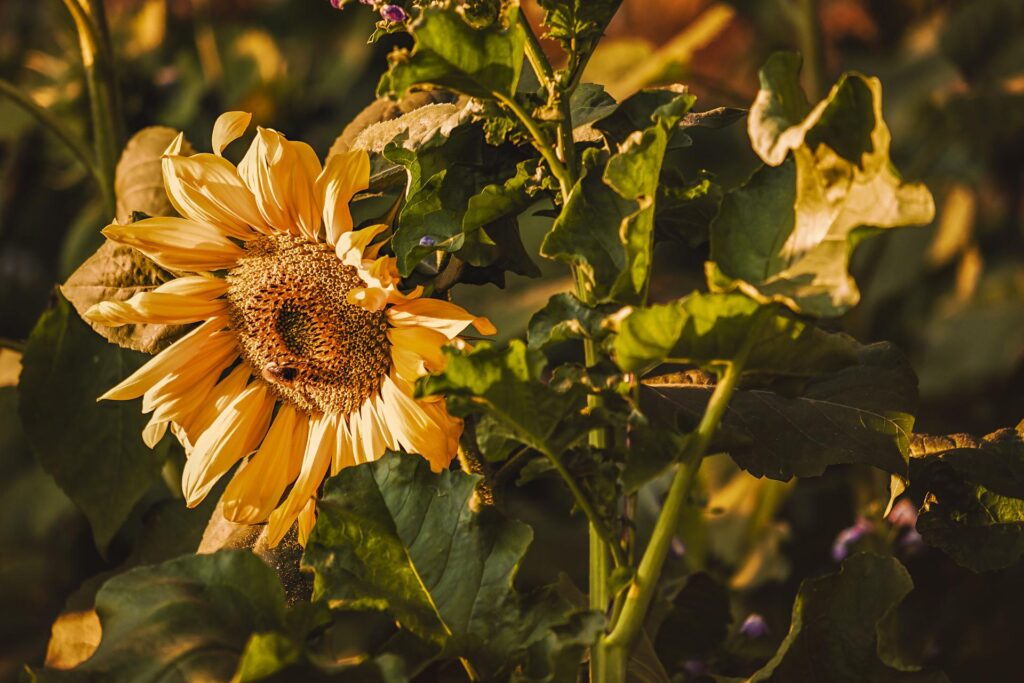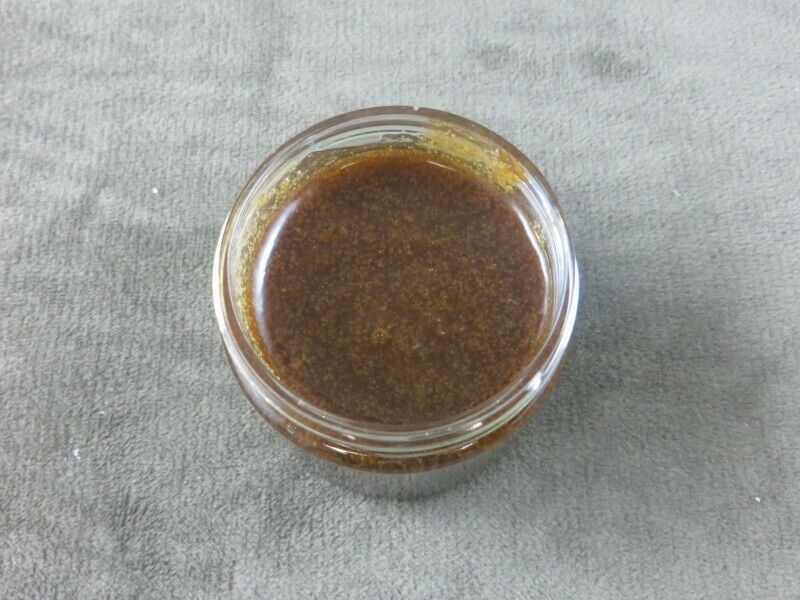What plants not to use neem oil on
When you use neem oil it is important to know which plants are safe to treat and what plants not to use neem oil on. Some plants are sensitive to this tree and will show signs of distress you use it on them.
The active ingredients in the oil can cause unexpected results, and applying too much to these plants can actually harm them and prevent them from growing properly. .
Neem oil is a natural pesticide with a range of other benefits, and the active ingredient azadirachtin contains natural bug killers. The neem tree is native to India and has been used in traditional Ayurvedic medicine for centuries.
Can you use Neem oil on any plant?
Some people worry that neem oil may not be safe to use on all plants. However, research has shown that it is safe to use on most plants including vegetables, fruits, flowers, and trees..
You should test the mixture on a small section of your plant.
Plants with furry or fuzzy leaves don’t like a lot of oil on their leaves. I recommend you limit your use of neem on cactus, certain calathea,
It can also be used to treat many plant diseases, but it should be diluted on plants that are going to be eaten.
Do not use neem sprays near bee hives, water features, or sensitive organisms.
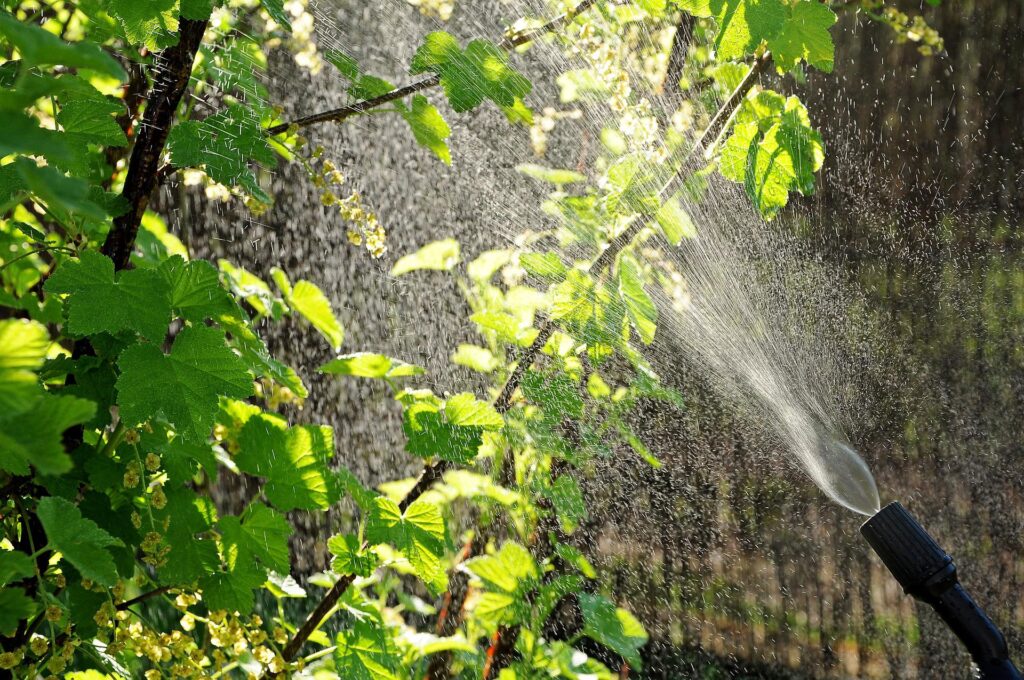
Can Neem Oil Burn Plants Leaves?
Yes, neem oil can burn your plant’s leaves. This natural wonder is effective at controlling pests but it can also harm plants if used incorrectly. Improper application can burn the leaves of certain plants and make them turn yellow. This usually occurs when the plant owner applies neem to a plant that is not acclimated to it yet. Most leaf burn occurs when the plant is sprayed with full strength oil mix, or sprayed and left in direct sun. The oil and sun combination is too much for some plants to handle and burns the leaves.
You should use diluted mixtures if you are not sure how your plants will react to the treatment.
Is neem oil safe to use on edible plants?
A writer asked, Is neem oil natural non-toxic and safe to use on edible plants?
There is some concern that neem oil may not be good be for certain edible plants, but there is limited evidence to support this. In fact, there is some evidence that neem oil may be beneficial for most plants, as it can protect them from harmful pests and diseases. You can use it on edible plants. I would consider reducing the treatment amounts and frequency prior to harvesting your crops.
The neem tree is resistant to a range of pests and diseases, including those that affect most other common plants. The entire tree is also used as an insecticide and fungicide in agriculture. Use it to repel and suffocate unwanted bugs in your garden and landscaping.
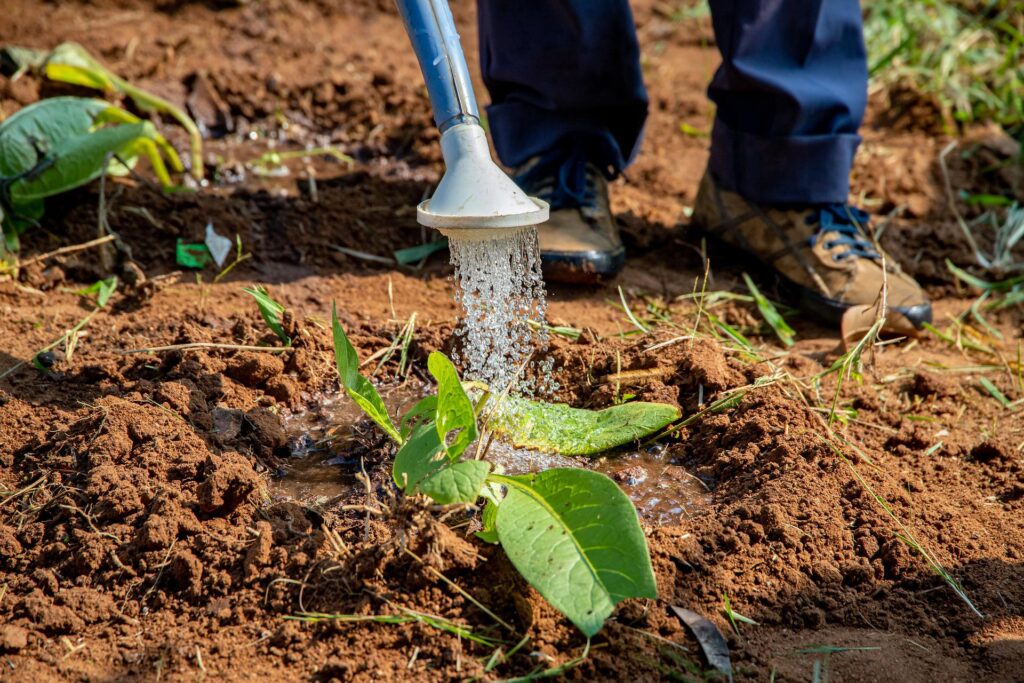
When to apply neem oil?
Apply neem oil early in the morning or late in the evening to reduce the chances that you burn leaves or harm beneficial insects. You can avoid harming ladybugs and bees if you apply your garden treatments at dawn or night.
You should also apply during these times to avoid sunburns on outdoor or indoor plants.
Treating your plants when the sun is up will increase the chance of the sun scorching and burning the leaves. Spray the foliage in a shady area or before the sun is high.
Is neem oil safe to use on Roses?
Yes, neem is great for roses. When it comes to taking care of roses, gardeners have a lot of questions. One of the most common questions is whether or not neem oil is safe to use on roses. Spraying your roses with a plant spray is one of the best things you can do to keep them looking good and healthy. The oil helps repel the bugs that like to feed on the leaves and buds of roses. We use it on our roses to get rid of the spider mites who make nests in our plants. It kills the black spot on the leaves and gives the plant a health appearance.
You can use it most of the year on your roses. We spray our roses year round. It is excellent at eliminating black spot, mildew, spider mites, whiteflies, and other pests that attack your roses.
Do not spray oil on flower buds
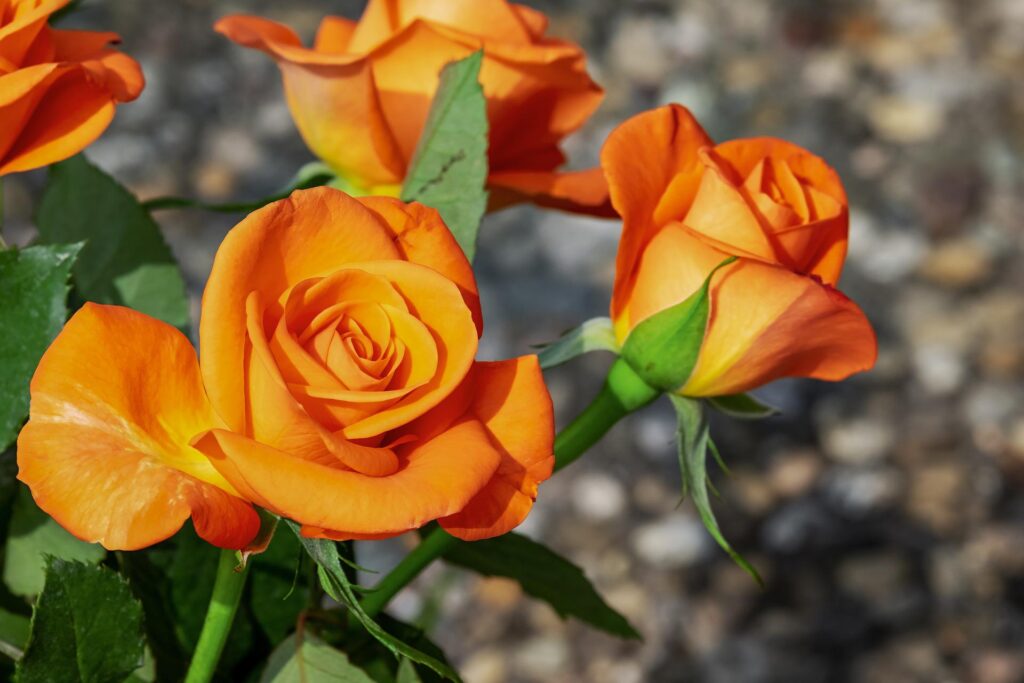
Can you use neem oil on indoor plants?
Yes, a good neem oil spray will help you control insect and pest infestations. It is very effective against spider mites, powdery mildew, fungus gnats, and most pests that attack houseplants. Neem oil on your houseplants to help control those household bugs, and can be used in the garden as well… Neem oil sprays are safe to use around animals and people as long as it’s diluted properly.
Is It Safe To Spray Neem Oil On Fruit Trees?
Neem is safe to spray on most fruit trees. There are precautions you must take to ensure you get a fruit harvest. Spray your plants, citrus trees, and fruit trees early in the season before the trees begin blossoming. Do not use this spray when the trees are flowering and bees are pollinating. You can harm the bees and the flowers which set the fruit.
Controls garden pests like aphids
Treat your fruit trees routinely throughout the season before flowering. Pause the treatment during the flower phase, then resume after the fruit begin to set. You want to repel the harmful bugs and keep the beneficial insects.
How often can you spray with neem oil?
You should spray as often as your plants need without over applying. How often depends on how bad the infestation is. I would start with once every week or two.
You can spray your plants every seven to 10 days. In most cases, you should apply neem oil in the early spring and early fall in order to curb pests and diseases. However, if you are applying the oil to your lawn or landscape plants, it is best not to spray more than once a week. To treat with oil, you should first make sure to wear gloves and eye protection. You should also apply the oil using a hand-held sprayer or a pump sprayer. Once you have applied the oil, you should wait for it to dry before watering your plants again.
Apply with a spray bottle, cover all sides of the plant and leaves.
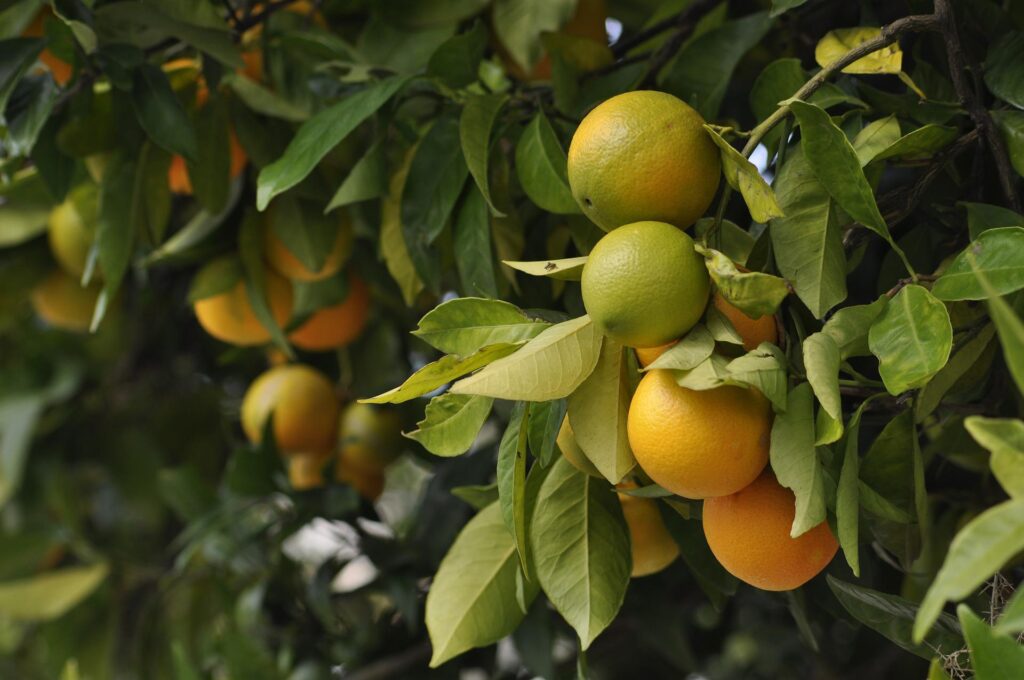
What Plants Should You Not Use Neem Oil On?
It won’t work if your plants have fur, needles, or any other way for bugs to crawl deeper into the leaves and avoid the spray. Plants with fuzzy leaves, such as most Calatheas, should not be treated with Neem Oil.
Herbs and greens that are getting ready for harvest should be sprayed as little as possible right before harvesting. Allow the leaves time to shed the residue from the leaves.
How To Test Your Plant Before You Use Neem OIl
It is important to examine your plants before using untested products. Certain plant species suffer from an inborn intolerance. Apply a tiny amount to a small area within your garden.
To test it on your plant,
Apply a few drops on one leaf and a little on part of the stem.
Check on the plant periodically to see if the plant has adverse reactions.
If the plant is showing indications of sensitization, you should reduce the ratio or avoid using products containing neem on the plant.
If there’s not any reaction you can continue by undergoing the procedure.
How To Mix Neem Plant Spray
Use liquid soap or silica as an emulsifying agent. This helps the oil and water mix and also helps coat the leaves of the treated plants. This helps the plant retain moisture and resist infections better.
Mix 1 tablespoon of neem oil with 1 teaspoon of liquid soap or 1 teaspoon of the prepared liquid silica solution above. Mix thoroughly. You should have a creamy thick yellow liquid.
Pour 1 tablespoon of neem oil, 1 gallon of water, and 1/2 tablespoon of dish soap into a container or sprayer. Use warm water because pure neem oil does not mix well with water. Pour the mixture into a sprayer and shake well.
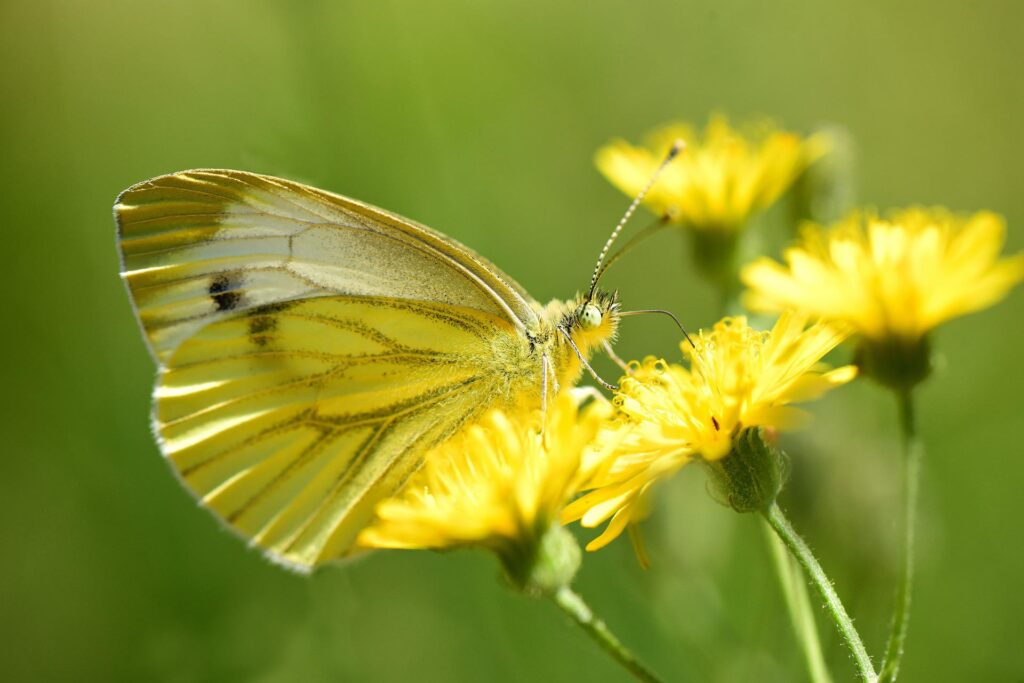
How To Spray Your Plants With Neem
I usually start from the top of the plant with the spray. I spray the under sides of the leaves going up and the tops of the leaves going down. There are no rules to spraying your plants. The idea is to wet and cover the entire plant for protection..
Conclusion: What plants not to use neem oil on
It is important to be aware of which plants should not be treated with neem oil. Failure to do so may result in damage to the plant. Remember, neem oil is a powerful pesticide and herbicide, so always use caution when applying it.
What plants not to use neem oil on?
I would recommend not to use neem on young seedlings, herbs that are getting ready for harvest, or certain houseplants like calathea, certain cacti, and exotic tropicals.

